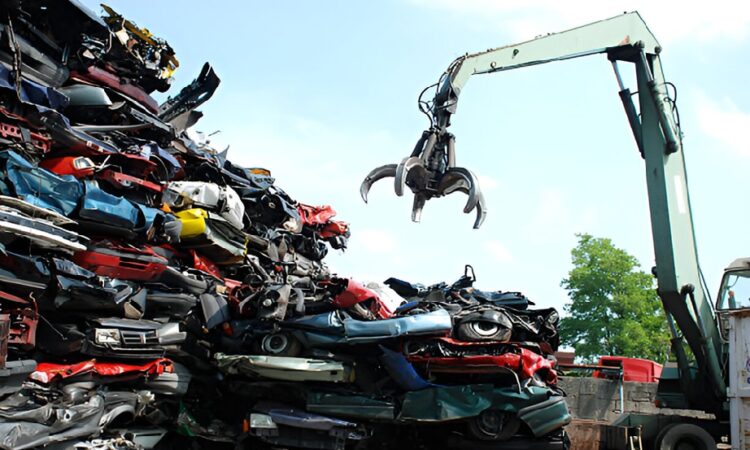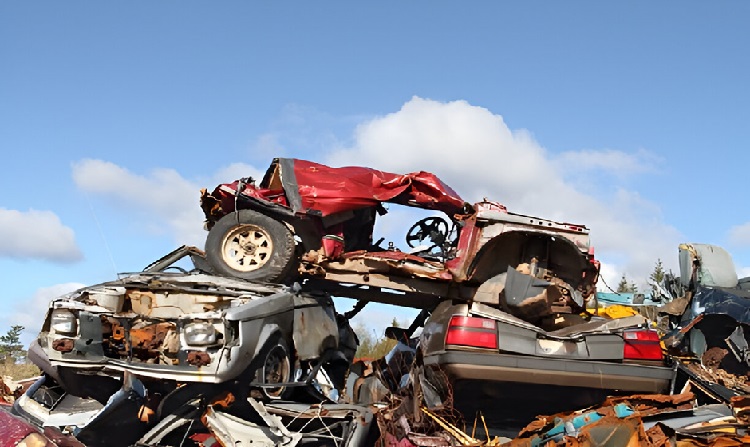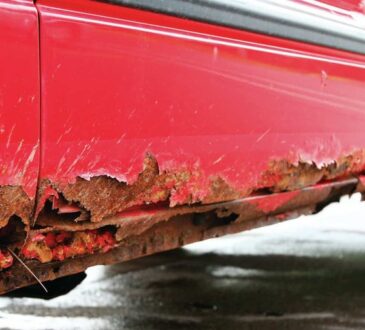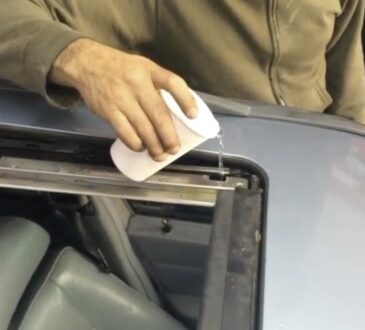
There is no point in keeping an old and unused car in your home. They unnecessarily occupy your space and negatively impact your property in several ways. Not only does it affect the value of your property, but it also affects the environment of your property’s surroundings.
We advise you to contact Detroit cash for junk cars instead of parking the old car on your premises. The following are some ways that your old car may affect you:
Economic Impact
Junk cars can significantly reduce property market value. Since real estate salespeople stress the value of a well-maintained exterior, they make a property unsightly and deter potential buyers. While junk cars can result in lower offers or make it more difficult to sell, properties with tidy yards sell more quickly and for better prices.
Furthermore, a neighborhood may appear neglected if there are several abandoned cars there, which could lower the value of nearby residences and have an effect on the local real estate market.
Aesthetic and Psychological Impact
A property’s aesthetic attractiveness is instantly impacted by junk automobiles, which convey a sense of disarray and neglect. The car’s perceived worth may be lowered if potential buyers link its degradation to the state of the house as a whole.
Junk automobiles can psychologically arouse thoughts of instability or insecurity, particularly among families who might consider the property unpleasant. Rusted, inoperable vehicles can signal decay and an unsafe environment, making it harder to sell the property at a favorable price.
Environmental and Legal Concerns
Because they leak dangerous fluids like coolant, brake fluid, and oil that contaminate soil and groundwater, junk automobiles can be extremely dangerous to the environment. This can affect not only the property but also surrounding areas, alarming neighbors and local authorities.
Many local governments have ordinances prohibiting inoperable vehicles on residential properties, and violating these laws can lead to fines, legal actions, or forced removal at the homeowner’s expense. These potential legal and environmental consequences add further costs and complications to owning a junk car.
Space and Perception of Financial Stability
Junk cars occupy valuable space on a property, especially in urban areas where space is limited. This can make the property less appealing by reducing parking or yard space, limiting its functionality—a key selling point.
Additionally, the presence of a junk car may suggest financial instability. If a homeowner cannot afford to repair or remove it, buyers or appraisers may perceive other home maintenance issues, potentially lowering the property’s assessed value.

Solutions and Mitigation
Homeowners should prioritize removing junk cars to protect property value. Hiring a junk car removal service is an effective solution, offering cash regardless of the car’s condition. If removal is not possible, storing the car in a garage can reduce aesthetic impacts.
For neighborhoods with abandoned cars, community engagement through clean-up events or cooperation with local authorities can help prevent these vehicles from lowering the area’s property values.
Conclusion
Junk cars can negatively impact property value through economic, aesthetic, legal, and environmental risks. Homeowners should promptly remove them to protect property value and maintain the appeal of their home and neighborhood.




